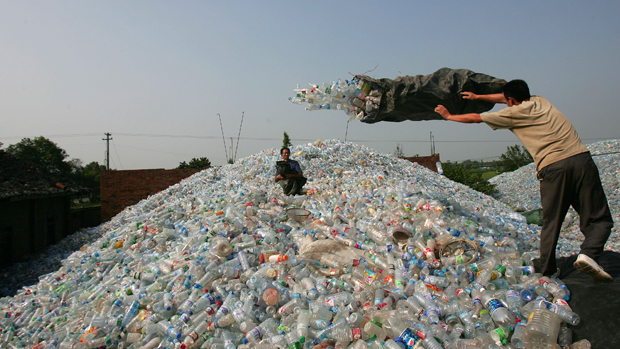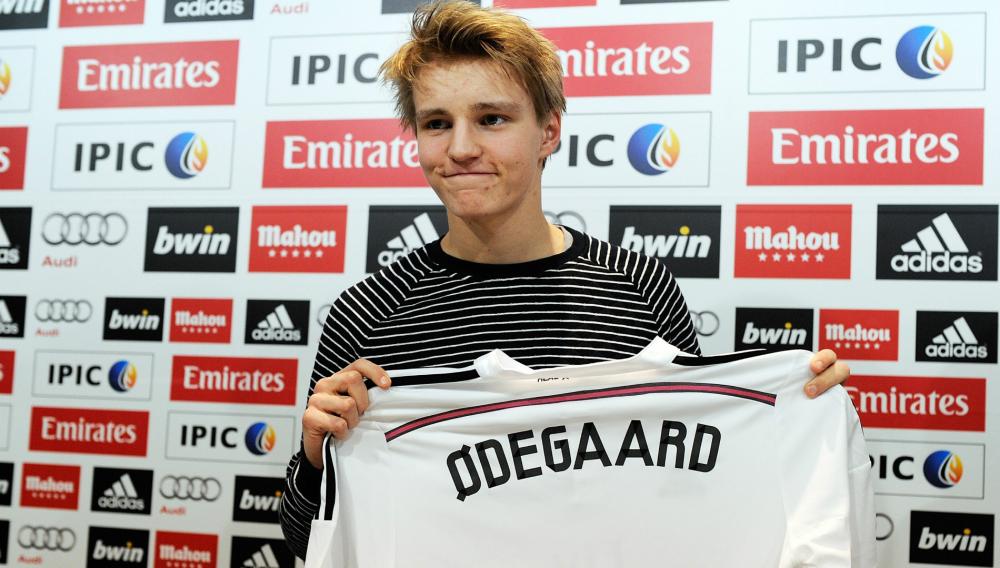
The best features, fun and footballing quizzes, straight to your inbox every week.
You are now subscribed
Your newsletter sign-up was successful
Want to add more newsletters?

Five times a week
FourFourTwo Daily
Fantastic football content straight to your inbox! From the latest transfer news, quizzes, videos, features and interviews with the biggest names in the game, plus lots more.

Once a week
...And it’s LIVE!
Sign up to our FREE live football newsletter, tracking all of the biggest games available to watch on the device of your choice. Never miss a kick-off!
Join the club
Get full access to premium articles, exclusive features and a growing list of member rewards.
Turn the clocks back 60 years, and your typical football shirt was made from the kind of heavy woolen fabric you’d sooner wash dishes with than slip on your back.
You know the sort of thing: one part sackcloth to two parts Brillo pad.
The field wasn’t exactly awash with technological innovation, either. Unless, that is, you count the switch in the ‘50s from wool to the glamorous sounding – though scarcely more comfortable – ‘continental cotton’ favoured in Southern Europe.
Designs were equally limited. “Hmm, shall we go with the classic retro styling of the comedy oversized collar this season, or make a statement with that futuristic design that young folk are calling the crew neck?”
Fast-forward to today, and there are more futuristic fabrics than you can waive an LED pointed at.
You’ve got man-made polyesters, so-called ‘intelligent’ materials and breathable fabrics. And regarding different designs, take your pick. Long sleeve or short, light or heavy, loose fit or tight.
There’s even the mildly erotic all-in-one Lycra bodyglove if you want to go the full Cameroon.
The best features, fun and footballing quizzes, straight to your inbox every week.
And now, thanks to a recent development by Nike, you saw players taking to the field at this summer’s World Cup in South Africa in shirts made from… hang on, what’s this? Plastic water bottles?
Yes, FourFourTwo heard correctly – plastic bottles! Up to eight per shirt, apparently. Science boffins at Nike have come up with the unusual solution in response to growing environment issues.
The global market for replica shirts is worth millions a year, you see, which is great for business but not so good for our creaking planet.
Meeting this ballooning demand for replica shirts means consuming tonnes of energy, and pumping great clouds of carbon dioxide into the atmosphere into the bargain.
So, how do they do it? Stage one is to collect plastic bottles that would otherwise end up in bulging landfill sites.
Nike said it used around 13 million in the run up to the World Cup. Once collected and cleaned, the bottles are chopped into tiny flakes and taken to a chemical plant where they are melted down to make polyester.
The gooey substance is then spurn into yarn from which the shirts can be made. Nike’s stats say that the process reduces energy consumption by up to 30 per cent versus the kilowatt-hungry production of virgin polyester.
And the shirts are easier to recycle as they can be melted down to produce more battles – or even the latest replica kits.
“The shirt will be one of the most eco-friendly in the game’s history,” says a source at Nike.
All of which was good news for the nine teams that Nike supplied during this summer’s World Cup.
The company is the official shirt supplier to major sides such as Portugal, Brazil and Holland.
But the likes of Ronaldo, Kaka and Wesley Sneijder needn’t fear a return to the dark days of scratchy, low-tech shirts.
Nike says its patented Dri-FIT technology will ensure shirts are 13 per cent lighter than previous versions, and the introduction of ventilation zones will make players lighter, drier, cooler and more comfortable than every before. Functional and fun? Nice.
 Join The Club
Join The Club










